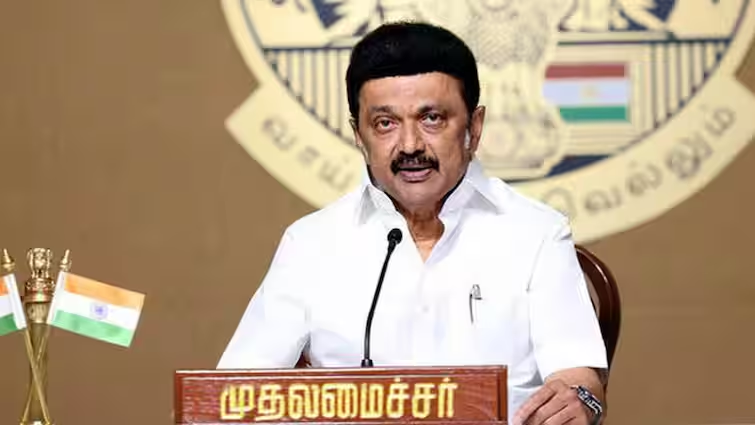‘This is linguistic atrocity’, Tamil Nadu CM MK Stalin got angry after seeing Hindi on LIC’s website

Adding the hashtag ‘Stop Hindi Imposition’ to the post, he said, “We demand immediate withdrawal of this linguistic atrocity.”
Why do southern states oppose Hindi?
The opposition to Hindi in southern India is mainly linked to the cultural and linguistic identity there. Languages like Tamil, Kannada, Malayalam and Telugu are very important for the local people. To preserve these languages, southern Indian states see Hindi as an attack on their culture. They believe that if Hindi is made compulsory, it can marginalize their languages, which will threaten their cultural identity.
What is the importance of language from a political point of view?
The opposition to Hindi also has a historical aspect from a political point of view. The anti-Hindi movement started in Tamil Nadu in the 1940s, when the central government tried to make Hindi a compulsory subject. Since then, southern Indian states have been in favor of giving priority to their language. This opposition is also related to politics, where state governments consider the imposition of Hindi as an encroachment on their rights. Besides, the attempt to project Hindi as a national language is uncomfortable for the South Indian states. These states do not accept Hindi as a powerful language and do not accept its necessity because they fear that this will diminish the importance of their mother tongues.




